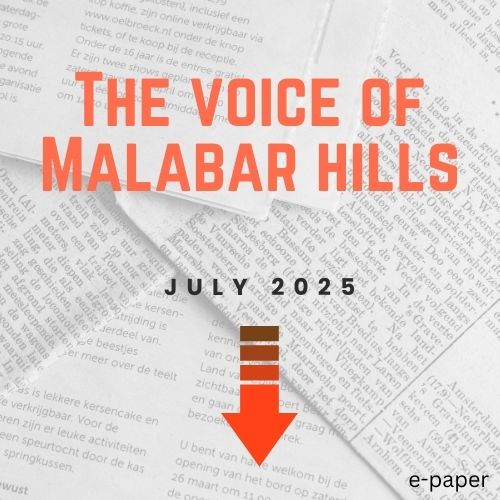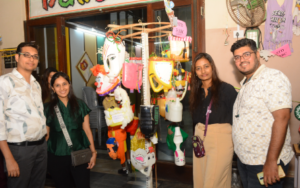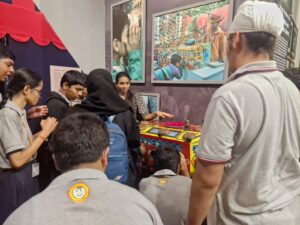Your cup of Coffee is served with a side of PLASTIC

It’s Monday morning again. With only a few hours of sleep on you and the adrenaline of having to put your best foot forward in the office today, you can’t wait to reach out for that cup of coffee. You decide you deserve a cup from your go-to coffee shop and add that as a stop on your way to work. You grab a cappuccino on the go, sit back, and take the first sip. Instantly, a sense of warmth and immediate relief washes all over you. Sounds familiar? Well, we hate to break it to you, but while that first sip feels like a transformative magic potion, it also comes with a side of 62,500+ harmful microplastics, blended right in with your caffeine. No, we don’t mean to scare you off your favourite coffee shop or even takeaway cups for that matter. Nor do we mean to be the extremists in the conscious consumerism realm. We simply care. On cue, let us tell you how even the ‘safest’ appearing paper cups may or may not be healthy for you.
Remember the days we thought we got rid of those clear plastic cups and switched to paper cups? Well, we were wrong. Most paper cups used for coffee, tea, juices, etc. still contain a Polyethylene (PE) plastic coating on the inside, giving the paper cup the barrier properties it needs to hold the liquid inside However, an IIT Kharagpur study shows that when only 100 ml of a hot beverage (like your morning caffeine) is served in these cups, 25,000+ microplastics enter that beverage within 15 minutes. This poses a serious concern to our health with a long-term negative compounding effect. According to research published in the Journal of Hazardous Materials, microplastics trigger uncontrolled cell proliferation and lead to tissue growth resulting in to various cancers affecting the lungs, blood, breasts, prostate, and ovaries. In fact, microplastics have now also been found in the brain and breast milk. In addition to being harmful to our health, these PE-coated paper cups are also harmful to the health of our planet. While paper itself is recyclable and compostable, the plastic layer makes it extremely difficult to recycle it.
The paper used to make these cups is of very high quality, and after usage, it should ideally be recycled. However, the paper and plastic need to undergo a separation process, only after which the paper can be repulped to form other recycled paper products. This separation process consumes a lot of energy, water, and money – very few countries in the world have this facility. Inevitably, these paper cups end up in our landfills, releasing methane into our atmosphere. While we may not consider paper cups to be such a substantial problem in our daily lives, sadly, they are. We may not notice them, but they are everywhere—cafés, restaurants, food courts, malls, airlines, trains, cinemas, hospitals, ice cream shops, events, concerts, etc. In fact, one of the most found trash items at beaches after cigarette butts are paper cups. In India, 186 crore cups are used monthly, which unfortunately contributes to 928 tons of plastic released into our environment and prevents 8,370 tons of usable paper from being recycled. So, what is the solution? Do we stop drinking our morning coffee/tea?
Well, the solution is quite obvious, yet tricky to implement. It simply needs us, consumers, first, to be more mindful in our choices. Fortunately, there are alternatives such as Plastic-Free Paper Cups, which are easily recyclable, compostable, and do not cause harm to our bodies. So, we reckon that it is in our hands as consumers to be more cautious, to take that tiny but first step. It doesn’t take a lot. Spend those extra 2 minutes and have a conversation with your go-to café.
Ask the right questions; you have the right to. Are they using plastic free paper cups? Do they intend to shift to better alternatives? Are they aware of them? Why aren’t they already making that shift? These 2 minutes would help change all our lives for the better in the long run. The article is written by Rahil Sheth, co founder of RAS Bio FoodPack.
The venture manufactures and endorses plastic-free paper cups and supplies innovative food packaging products for takeaways. RAS also aims to educate the masses and spread awareness through their eco-friendly and sustainable food packaging products.





